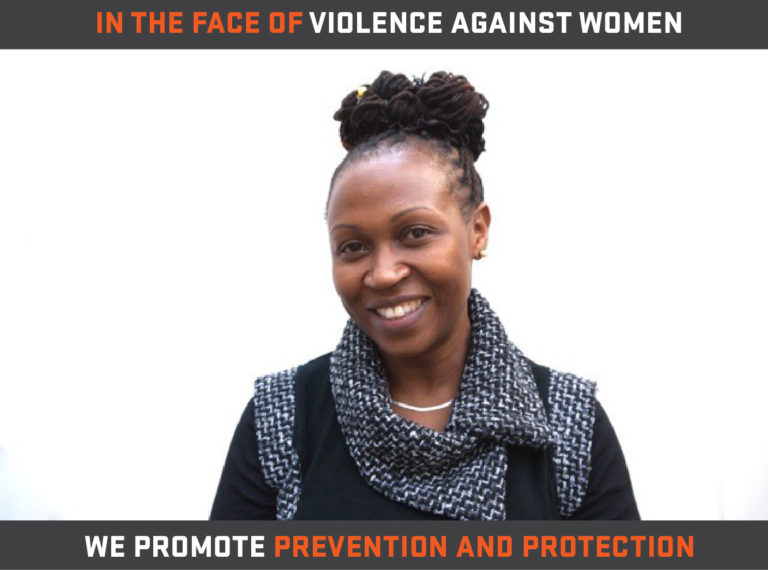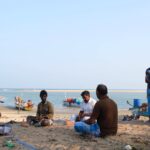This article was published more than 8 years ago.

“Sasa!” That’s the rallying cry from men and women in Uganda’s capital city reaching out to their communities to prevent domestic violence against women. Literally translated, “sasa” means “now” – and that’s when Tina Musuya and her organization, Centre for Domestic Violence Prevention (CEDOVIP), believe gender-based abuse must stop.
More than half of women in Uganda have experienced physical or sexual violence. And while the country’s constitution provides equal protection under the law, legislation is rarely enforced to protect women and local courts often rule in favor of men in cases of domestic violence and forced marriage.
To combat and prevent this abuse, CEDOVIP developed an innovative model that focuses on changing uneven power dynamics between genders. The approach – called SASA! to reinforce the urgency of protecting women in their communities – unleashes the power of community activists to encourage critical thinking about men’s power over women and create lasting behavioral change.
What’s most impressive about SASA! is the rigorous evaluation of its communities – and its success in mobilizing men and women to call out domestic violence and create happier, more equal relationships and communities. In fact, in communities that have implemented CEDOVIP’s models, levels of physical partner violence against women are 52% lower compared to those who have not encountered this community education.
Donors, staff, and friends of the Fund for Global Human Rights caught up with Tina last week to learn more about her work promoting women’s rights in the face of abuse. “Justice is not only for a selected few; it should be for everyone,” she said.
About Tina
Her passion for this work began as a child when she first realized how men and women were treated differently in Uganda. Tina grew up in a large family with nine siblings. Her parents had strict, traditional rules on gender roles within the family—Tina and her sisters were expected to do all household chores, while her brothers could relax and enjoy their free time. From a young age, Tina knew this wasn’t right. It was while attending a catholic school for girls that she vowed to challenge such discrimination by proving that women were just as competent and able as men.
But her experience with gender-based discrimination wasn’t limited to chores. In her own life, she watched as discrimination gave way to abuse. Her sister was married to a violent man; at university, she remembers working twice as hard to prove that women were just as smart as men, and some of her own family members questioned what kind of woman she was for challenging the status quo.
The Executive Director of CEDOVIP since 2005, Tina is now travelling and training other organizations around the globe on the SASA! model. To date, 60 organizations in 20 countries are using the lessons learned by SASA! communities to prevent violence and protect women. As Tina says, “It’s now up to all of us, not just women, to work harder to turn violence against women from the present and put it firmly in our past.”
At the Fund for Global Human Rights, we are inspired by the tenacity and creativity of SASA! communities speaking up for women’s rights and protecting future generations of women and girls.


